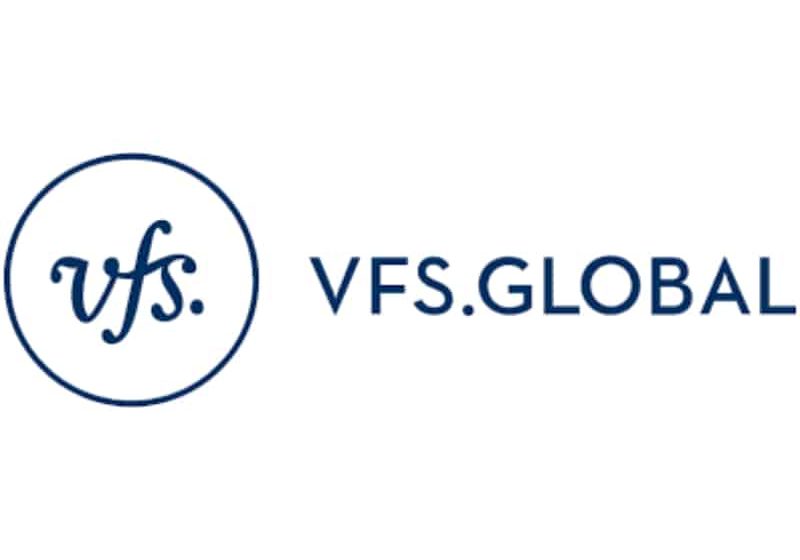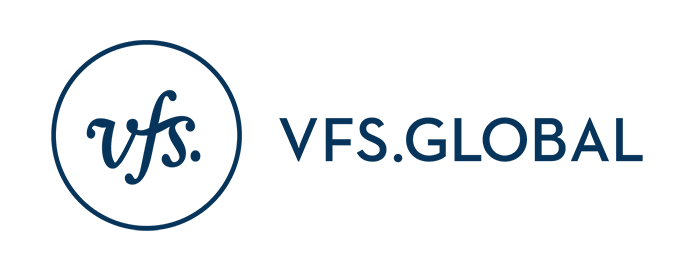The first day of the Goa International Travel Mart (GITM) 2024 commenced at Dr. Shyama Prasad Mukherjee Stadium with an air of excitement and anticipation as industry leaders, government officials, and tourism enthusiasts gathered to witness the unveiling of a new era in Goa’s tourism landscape.
A notable focus of this year’s GITM was on regenerative tourism, a paradigm shift towards sustainable practices that prioritise the restoration and revitalisation of local ecosystems and communities.
The day kicked off with the grand inauguration of the Goa Tourism stall, a symbol of the state’s commitment to showcasing its rich cultural heritage and diverse tourism offerings. The stall was inaugurated by Suneel Anchipaka, IAS, Director Tourism & Managing Director GTDC, Parag Rangnekar, Member of the Goa Tourism Board, Jack Sukheeja, President-elect of TTAG, Ralph Desouza, Chairman of Desouza Group of Hotels, Mark Mendes, Member of the Goa Tourism Board, Carlos Desouza, Convenor of CII, Deepak Narvekar, and Deputy General Manager of GTDC, alongside other esteemed dignitaries.
Following the inauguration, attendees were treated to a thought-provoking knowledge-sharing session by Travel Trends with a focus on Regenerative Tourism, exploring the evolving landscape of tourism in Goa. This session provided valuable insights into emerging trends and strategies for driving Goa’s tourism industry forward.
The highlight of the day was the keynote address by Anchipaka, shedding light on the topic of Regenerative Tourism. With a focus on sustainability and responsible travel practices, he outlined Goa’s vision for a tourism sector that not only thrives but also preserves the state’s natural and cultural heritage for future generations.
“With a steadfast focus on sustainability and responsible travel practices, we envision a tourism sector that is not just economically prosperous but also environmentally and socially conscious. Our commitment to Regenerative Tourism goes beyond mere preservation; it encompasses a holistic approach that seeks to regenerate and rejuvenate our ecosystems, communities, and cultural traditions. Our vision for Goa’s tourism sector is one that harmonizes with nature, respects local cultures, and fosters meaningful connections between visitors and our communities. By embracing Regenerative Tourism, we not only enhance the visitor experience but also ensure the long-term sustainability of our tourism industry.”
With a robust turnout of 65 international buyers and 80 domestic buyers, GITM 2024 has attracted a diverse array of participants from around the globe, including delegates from different parts of India, Germany, United Arab Emirates, Italy, Norway, Thailand, Czech Republic, United Kingdom of Great Britain and Northern Ireland, United States of America, Zimbabwe, Finland, Nepal, Kuwait, South Africa, Spain, France, Turkey, Slovakia, Netherlands, Belgium, Russian Federation, Vietnam, Kenya, Oman, Bahrain, Hungary, Australia, Republic of Korea (South Korea), Singapore, and more.
As the curtains close on the first day of GITM 2024, anticipation mounts for the 2nd day ahead, filled with more enriching sessions, productive engagements, and exciting opportunities to shape the future of tourism in Goa and beyond.





